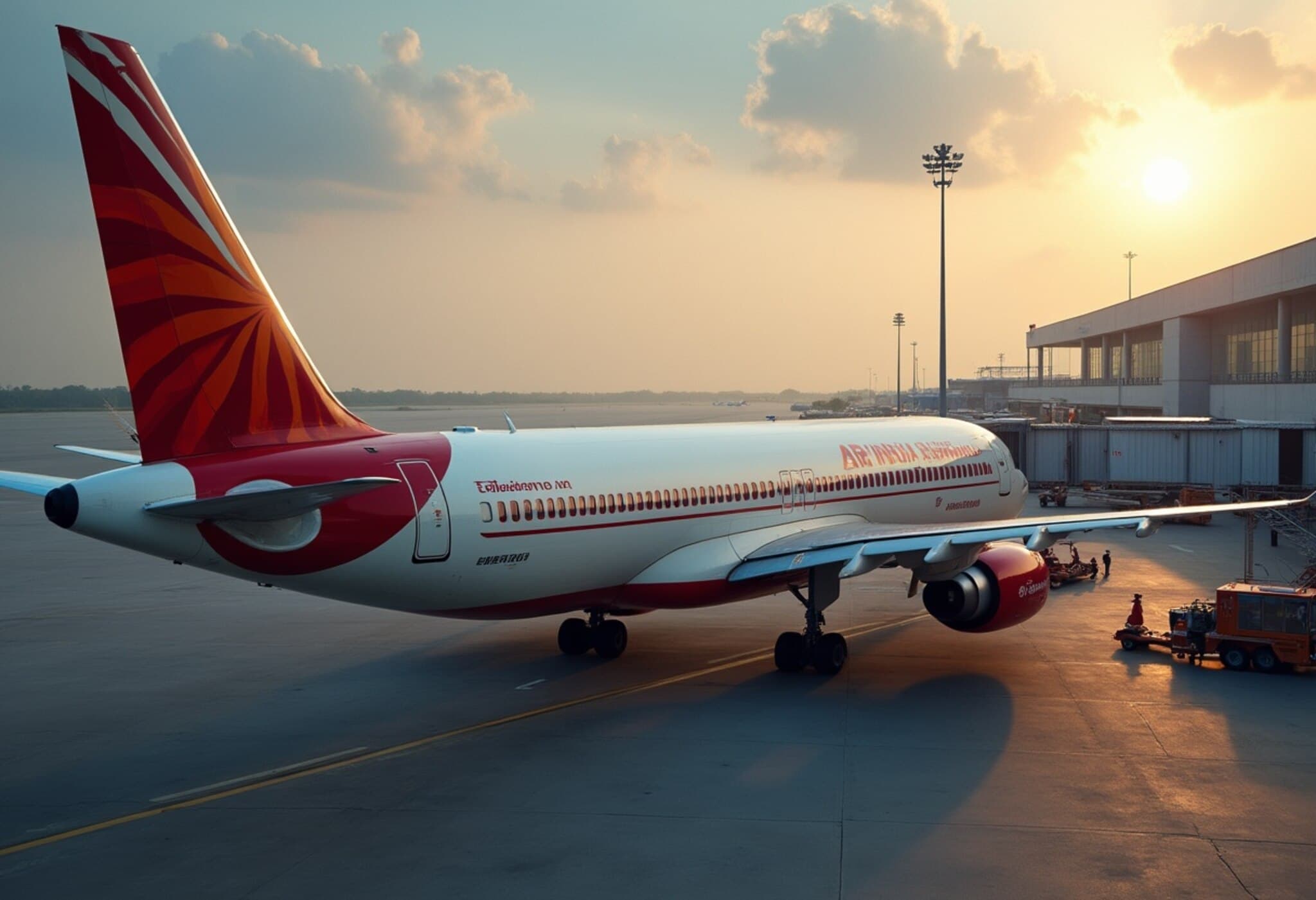Airlines Cancel and Divert Flights Amid Middle East Airspace Closure
Following Israel's missile strike on Iran and Iran's subsequent drone assault, airlines worldwide have swiftly canceled or rerouted flights to avoid the volatile Middle Eastern airspace. This escalation has resulted in significant operational disruptions, with many carriers suspending services to Israel and neighboring regions.
Key Airlines Halt Flights to Israel
Major carriers such as United Airlines, Delta Air Lines, and Turkish Airlines have suspended flights to Tel Aviv, with many flights turning back mid-transatlantic en route to the New York area. Israeli national carrier El Al has taken the unprecedented step of indefinitely halting all flights, citing official security directives and a closed Israeli airspace.
El Al cautioned travelers against heading to Tel Aviv’s Ben Gurion Airport, advising those stranded abroad to seek accommodations until further notice. The airline has also stopped accepting new bookings through the end of June and reported that planes already en route were diverted to alternate destinations.
Broader Regional Impact and Other Airlines’ Responses
Alongside El Al, Turkish Airlines and Europe’s Wizz Air have paused flights to Israel. Germany’s Lufthansa announced a suspension of services not only to Tel Aviv but also Tehran until the end of July, and flights to Jordan and Lebanon were halted until at least mid-June.
In response to the disruptions, most airlines have offered affected passengers travel vouchers and waived change fees, aiming to ease the burden amid rapidly unfolding events.
Longer Routes and Heightened Caution in the Skies
This latest flare-up adds to a growing list of military conflicts compelling airlines to alter routes to safeguard passengers and crew. Avoiding conflict zones often means longer, more expensive flights—complex logistics airlines are forced to manage carefully in real time.
What Travelers Need to Know
- Check with your airline before traveling to the Middle East region.
- Expect possible cancellations, rerouting, or delays due to ongoing security concerns.
- Take advantage of waived change fees and travel support offered by airlines.
- Remain flexible with travel plans, especially flights involving Israel and surrounding countries.
As tensions remain high, the aviation industry continues monitoring the evolving security situation closely to maintain safety and minimize passenger inconvenience.



















